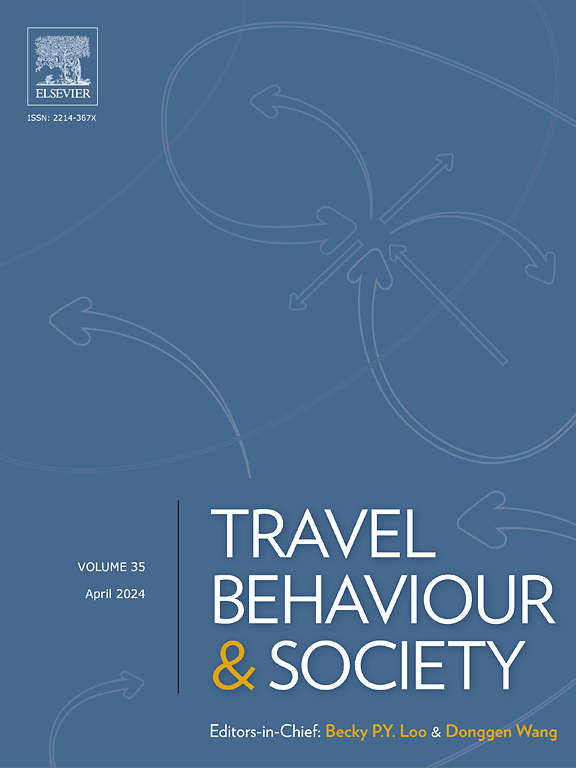使用XGBoost和SHAP分析解码电动汽车的采用
IF 5.7
2区 工程技术
Q1 TRANSPORTATION
引用次数: 0
摘要
随着向可持续交通的转变加速,了解驱动电动汽车(EV)采用的因素对于有效的政策制定至关重要。本研究采用XGBoost和SHapley加性解释(SHapley Additive explanation)值,结合社会经济地位、雇主激励、出行偏好和空间因素等变量,研究了佛罗里达州电动汽车购买意愿的决定因素。分析显示,政府补贴对电动汽车的采用影响最大,环境问题和出行偏好也起着关键作用。SHAP分析确定了年龄、人口密度和充电器距离之间的非线性关系。此外,对特斯拉充电网络开放性的认可和对气候变化的关注对电动汽车的购买意愿有积极影响。本研究通过强调这些复杂的非线性相互作用丰富了文献,并为政策制定者提供了可操作的见解,以提高电动汽车的采用。报告强调,加速电动汽车普及需要一个全面的战略,包括加强财政激励、加强环境教育、扩大充电基础设施,以及针对不同年龄组和地理区域的针对性方法。这些发现对于制定有针对性的战略以加速向更清洁的运输解决方案过渡至关重要。本文章由计算机程序翻译,如有差异,请以英文原文为准。
Decoding electric vehicle adoption using XGBoost and SHAP analysis
As the shift towards sustainable transportation accelerates, it is vital to understand the factors driving electric vehicle (EV) adoption for effective policymaking. This study uses XGBoost and SHAP (SHapley Additive exPlanations) values to investigate the determinants of EV purchasing willingness in Florida, incorporating variables such as socioeconomic status, employer incentives, travel preferences, and spatial factors. The analysis shows that government subsidies have the most significant impact on EV adoption, with environmental concerns and travel preferences also playing key roles. The SHAP analysis identifies non-linear relationships with age, population density, and charger proximity. Additionally, approval of Tesla’s charging network openness and concern about climate change positively influence EV purchase willingness. This study enriches the literature by highlighting these complex, non-linear interactions and offers actionable insights for policymakers to enhance EV adoption. The key takeaways emphasize that accelerating EV adoption demands a comprehensive strategy involving enhanced financial incentives, increased environmental education, expanded charging infrastructure, and targeted approaches tailored to different age groups and geographic regions. These findings are crucial for developing targeted strategies to accelerate the transition to cleaner transportation solutions.
求助全文
通过发布文献求助,成功后即可免费获取论文全文。
去求助
来源期刊

Travel Behaviour and Society
TRANSPORTATION-
CiteScore
9.80
自引率
7.70%
发文量
109
期刊介绍:
Travel Behaviour and Society is an interdisciplinary journal publishing high-quality original papers which report leading edge research in theories, methodologies and applications concerning transportation issues and challenges which involve the social and spatial dimensions. In particular, it provides a discussion forum for major research in travel behaviour, transportation infrastructure, transportation and environmental issues, mobility and social sustainability, transportation geographic information systems (TGIS), transportation and quality of life, transportation data collection and analysis, etc.
 求助内容:
求助内容: 应助结果提醒方式:
应助结果提醒方式:


